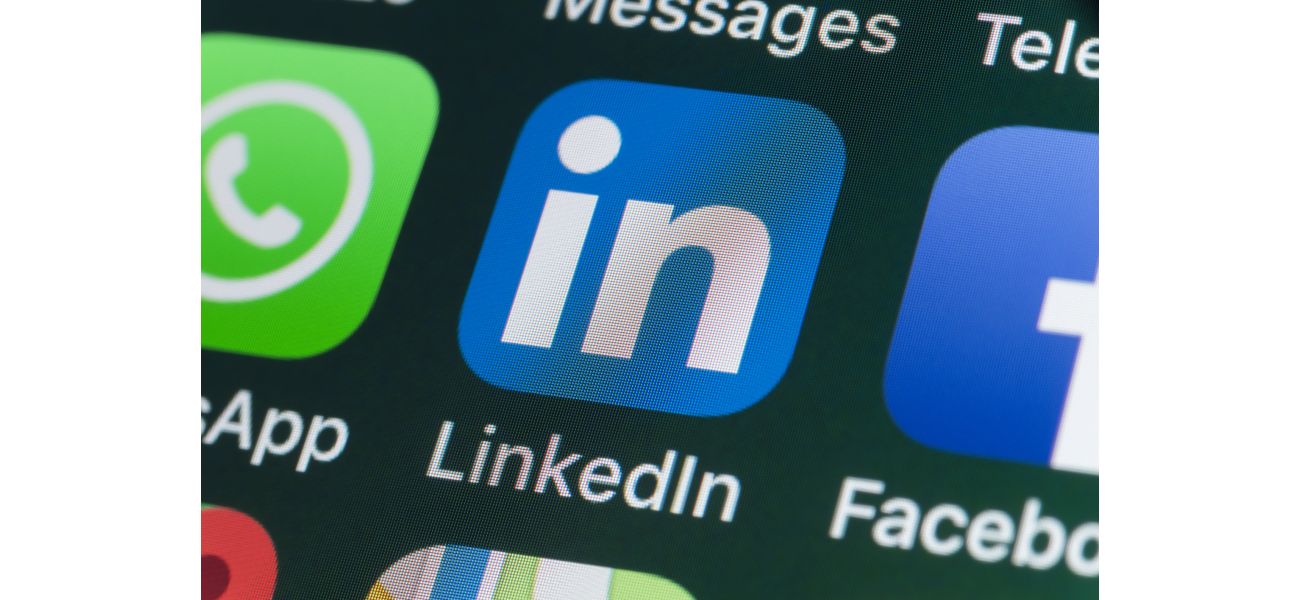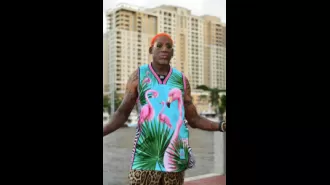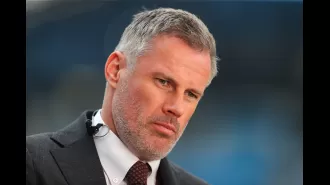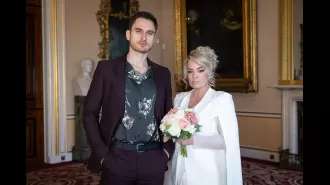Big companies combine as they face upcoming ban that has sparked controversy.
Many submissions were made to parliamentary inquiry on proposed bill, including those from media giants Meta and Alphabet.
November 26th 2024.

The Australian government has proposed a youth social media ban, which has been met with resistance from global social media giants. Labor is advocating for the legislation to be passed before the end of the year, which would prohibit teenagers under the age of 16 from signing up for various platforms such as Facebook, Instagram, X, TikTok, and even LinkedIn. The proposed bill received thousands of submissions during the one-day parliamentary inquiry, including from tech giants Meta and Alphabet.
Alphabet, which owns Google and YouTube, expressed their concerns to the inquiry, stating that the legislation should be delayed until a trial of age-assurance technology is completed. They believe that the bill should not be rushed through without giving social media platforms enough time to develop effective solutions for enforcing the ban. In their submission, Google stated that the trial is not expected to conclude until mid-2025, and it is worrisome that the bill is moving forward without taking this into consideration.
The government has also been urged to clarify which media platforms would be included in the ban to provide clarity and certainty to Australian users. Meta, the parent company of Facebook and Instagram, described the bill in its current form as ineffective and inconsistent and supported Google's call for a delay. TikTok, owned by Chinese parent company ByteDance, also chimed in, warning that the bill would essentially require Australians to have a "license to be online."
In a submission to the inquiry, TikTok's Australian director of public policy, Ella Woods-Joyce, expressed concerns about the negative impact of forcing every Australian to verify their age online. Microsoft-owned LinkedIn, which has sparked debate about its inclusion in the bill, argued that teenagers do not use their platform anyway and that it does not contain content that would be of interest to those under 16. It remains unclear if LinkedIn would be included in the ban if it is imposed.
The Elon Musk-owned X also submitted their concerns about the proposed legislation, stating that they would review their legal rights if the bill is passed. They raised doubts about the bill's legality and its compatibility with other regulations and laws, including international human rights treaties. Musk himself criticized the legislation, calling it a "backdoor" way for the government to control Australian access to the web.
Snapchat, a popular platform among underage users, also gave their input earlier this year. Snap Inc warned that the bill could potentially deny young people access to valuable resources for mental health and well-being. In September, Snapchat founder Evan Spiegel told The Sydney Morning Herald that parents should be responsible for controlling their child's access to social media, not the government. He also mentioned that Snapchat has tools that allow parents to monitor and restrict their teen's activity on the platform.
Alphabet, which owns Google and YouTube, expressed their concerns to the inquiry, stating that the legislation should be delayed until a trial of age-assurance technology is completed. They believe that the bill should not be rushed through without giving social media platforms enough time to develop effective solutions for enforcing the ban. In their submission, Google stated that the trial is not expected to conclude until mid-2025, and it is worrisome that the bill is moving forward without taking this into consideration.
The government has also been urged to clarify which media platforms would be included in the ban to provide clarity and certainty to Australian users. Meta, the parent company of Facebook and Instagram, described the bill in its current form as ineffective and inconsistent and supported Google's call for a delay. TikTok, owned by Chinese parent company ByteDance, also chimed in, warning that the bill would essentially require Australians to have a "license to be online."
In a submission to the inquiry, TikTok's Australian director of public policy, Ella Woods-Joyce, expressed concerns about the negative impact of forcing every Australian to verify their age online. Microsoft-owned LinkedIn, which has sparked debate about its inclusion in the bill, argued that teenagers do not use their platform anyway and that it does not contain content that would be of interest to those under 16. It remains unclear if LinkedIn would be included in the ban if it is imposed.
The Elon Musk-owned X also submitted their concerns about the proposed legislation, stating that they would review their legal rights if the bill is passed. They raised doubts about the bill's legality and its compatibility with other regulations and laws, including international human rights treaties. Musk himself criticized the legislation, calling it a "backdoor" way for the government to control Australian access to the web.
Snapchat, a popular platform among underage users, also gave their input earlier this year. Snap Inc warned that the bill could potentially deny young people access to valuable resources for mental health and well-being. In September, Snapchat founder Evan Spiegel told The Sydney Morning Herald that parents should be responsible for controlling their child's access to social media, not the government. He also mentioned that Snapchat has tools that allow parents to monitor and restrict their teen's activity on the platform.
[This article has been trending online recently and has been generated with AI. Your feed is customized.]
[Generative AI is experimental.]
0
0
Submit Comment





